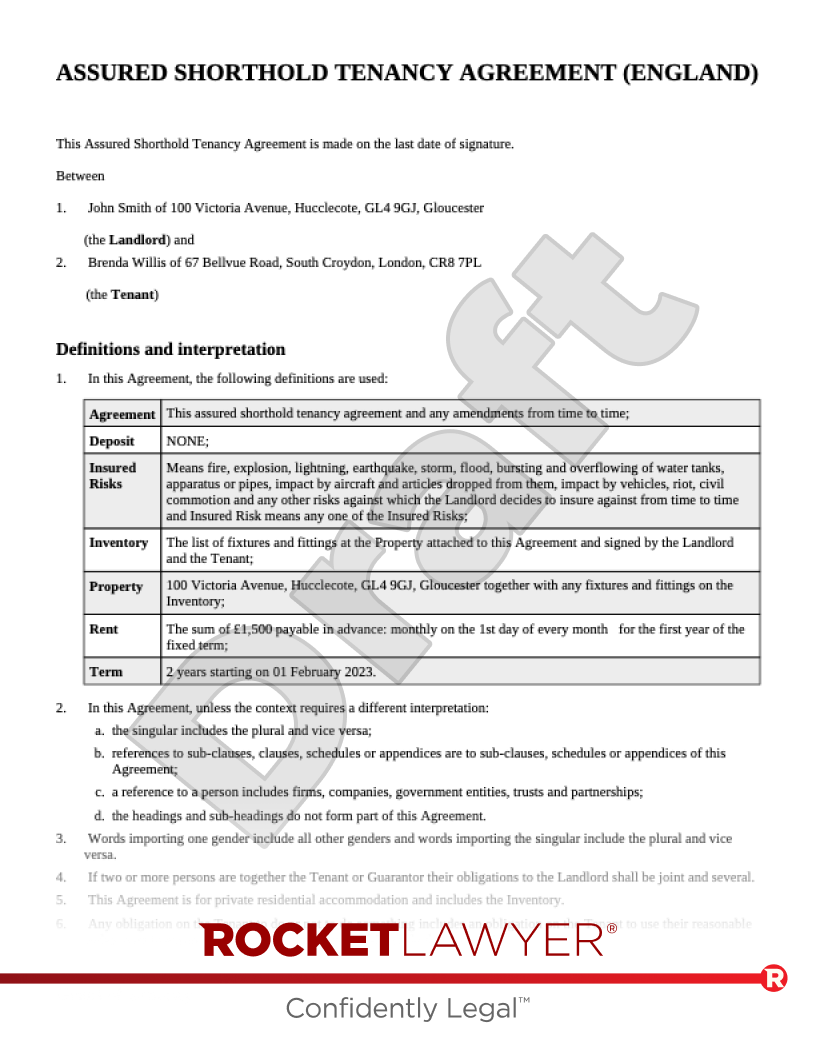Tenants and owners
If you own a property that you currently occupy, or own a property that is currently empty, you will be responsible for any bills or charges that may apply.
Where your property is rented out to a tenant, the Tenancy agreement should make it clear who will be responsible for payments (this may include measures such as changing the name on bills or receiving payments directly from tenants).
Anyone who puts their name(s) on a utility bill will ultimately be responsible for any outstanding charges. Multiple names on a bill will place responsibility on all those named on the bill if payment is not fulfilled; regardless if one pays their part while another does not.
Liability for utilities
The tenants will need to notify providers of move-in dates and meter readings. Where tenants are liable for utility payments, they are responsible from the start date of the tenancy until the end of the tenancy. Tenants will not be responsible for any previous charges or arrears.
Who is responsible for utility bills if the tenant leaves early, will depend on the way in which they left the property.
Where the tenant surrendered the tenancy (where all parties to a tenant voluntarily agree to bring the tenancy to an end), and the landlord accepted this surrender, the tenant will usually only be liable for bills until the landlord has accepted the surrender. For more information, read Surrendering a tenancy.
Where the tenant moves out early (eg they 'abandon' their tenancy), then the tenant will usually remain liable for bills until the tenancy is brought to an end correctly. For more information, read Tenant abandonment.
If there is a void period during which the property has no tenant (because the original tenancy has been correctly terminated and no new tenant has moved in), then the landlord becomes responsible for all utility bills. Such bills should typically be in the landlord's name during this time.
Challenging a bill
If you think a bill is too high or too low, you should in the first instance, contact the utility provider and state your reasons and attach any evidence you can provide.
You should check the company’s internal complaints procedure (you should be able to find how to do this on their website). If you’re not satisfied, you can ask to speak to a senior manager.
You could also make an official complaint via the company's official complaints procedure.
It is best to make a complaint in writing (via email or letter). Make sure you keep a copy of anything you send, in case you need to check it later.
Give the company reasonable time to address your complaint and to rectify the situation (eg 14 days).
If your issue relates to your energy provider, you may be able to take your case further and complain to the Energy Ombudsman. Check their website for eligibility.
If your issue relates to your water provider, you may be able to complain or seek help from the Consumer Council for Water (CCWater). The CCWater is an independent body for consumers and businesses for issues related to water and sewerage.
Back-billing
A back-bill is a ‘catch-up’ bill sent to you by your energy or water supplier when you haven’t been correctly charged for your energy use. Back-bills can be for any amount, however, note that your supplier can charge you only up to 12 months back.
What happens if you don’t pay
If you’re struggling to afford your gas and electricity bills, you should contact your supplier to discuss ways to pay what you owe them. You may be able to agree a payment plan with them.
If you haven’t paid a bill after 28 days, your supplier may contact you about the possibility of disconnecting your gas or electricity supply. Your supplier must give you a chance to pay your debt through a payment plan before they disconnect you.
Suppliers aren’t allowed to disconnect you between 1 October and 31 March if you’re:
-
a pensioner living alone
-
a pensioner living with children under five
The larger suppliers have signed up to an agreement to make sure you won’t be disconnected at any time of year if you have:
-
a disability
-
long-term health problems
-
severe financial problems
-
young children living at home




